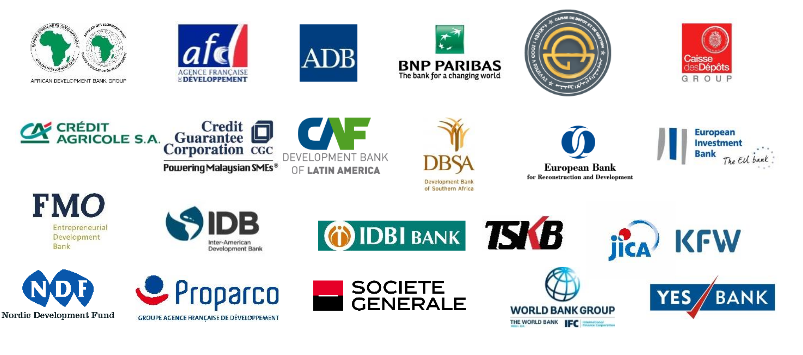A coalition of 26 financial institutions has signed on to five voluntary principles, ‘Mainstreaming Climate Action Within Financial Institutions,' pledging to scale up their efforts to address climate change and to continue to integrate climate considerations into their investments and advisory functions.
The principles outline how financial institutions can: commit to climate strategies; manage climate risks; promote climate smart objectives; improve climate performance; and account for climate action.
 7 December 2015: A coalition of 26 financial institutions has signed on to five voluntary principles, titled ‘Mainstreaming Climate Action Within Financial Institutions,’ pledging to scale up their efforts to address climate change and to continue to integrate climate considerations into their investments and advisory functions. The principles outline how financial institutions can: commit to climate strategies; manage climate risks; promote climate smart objectives; improve climate performance; and account for climate action.
7 December 2015: A coalition of 26 financial institutions has signed on to five voluntary principles, titled ‘Mainstreaming Climate Action Within Financial Institutions,’ pledging to scale up their efforts to address climate change and to continue to integrate climate considerations into their investments and advisory functions. The principles outline how financial institutions can: commit to climate strategies; manage climate risks; promote climate smart objectives; improve climate performance; and account for climate action.
A group of multilateral development banks (MDBs) initially developed the principles with members of the International Development Finance Club (IDFC), a network of international, regional and national banks. Other public and private sector institutions from developing and developed countries then joined the MDBs and the IDFC in signing the voluntary principles. The financial institutions developed the principles based on practices implemented over the past two decades, according to the Asian Development Bank (ADB) and the World Bank.
Climate change is “a fundamental threat to sustainable investment and development,” according to the principles. They emphasize the key role of the financial industry in addressing climate risks and financing shifts in market demand and supply to facilitate a low-carbon transition. The principles state that mainstreaming climate change considerations will require a shift from incremental financing of climate activities to making climate change “a core consideration and lens through which institutions deploy capital.” The principles will support and guide financial institutions in adapting to and promoting climate smart development, with the aim of delivering “better, more sustainable short-term and long-term results, both developmentally and financially.”
“As one of the financial institutions adopting these principles, which together account for US$11 trillion under management, we believe these principles will help us better serve our private and public country clients,” said World Bank Vice President and Special Envoy for Climate Change, Rachel Kyte. “Integrating climate risk more fully into decision making, and driving the new clean energy and resilient infrastructure investments are critically needed.”
The financial institutions released a related publication, ‘Mainstreaming Climate Action within Financial Institutions: Emerging Practices,’ which discusses integrating climate change considerations into financial institutions’ core activities. The publication presents case studies, such as how the ADB integrates climate resilience into projects. The publication also shares lessons learned, including on the development of common metrics for mitigation and adaptation finance and the importance of climate risk screening. [World Bank Press Release] [ADB Press Release] [EIB Press Release] [Principles: Mainstreaming Climate Action Within Financial Institutions] [Publication: Mainstreaming Climate Action within Financial Institutions: Emerging practices]